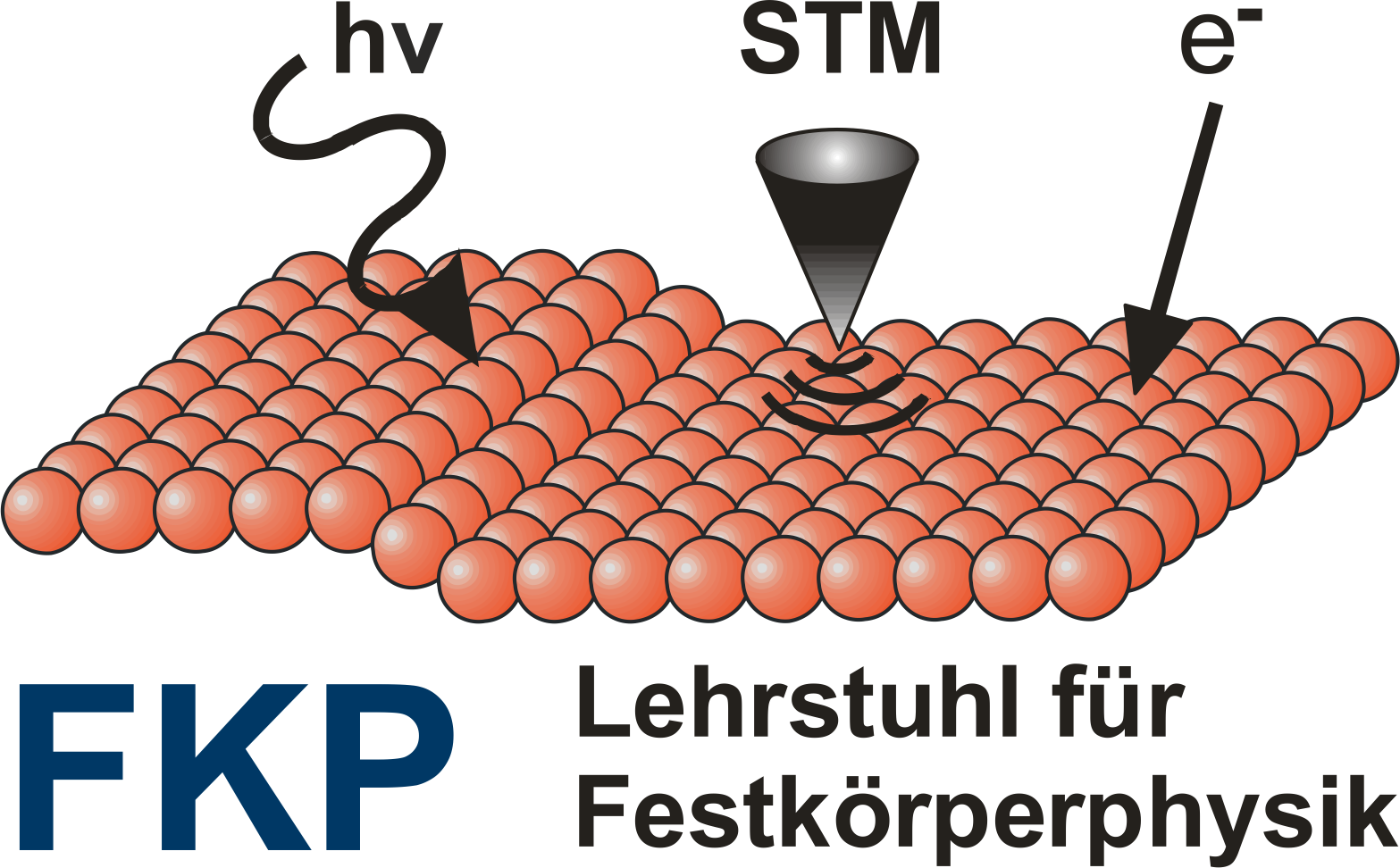Adsorption and self-assembly of porphyrins on ultrathin cobalt oxide films

By employing Scanning Tunneling Microscopy (STM) and Density Functional Theory (DFT) we investigated the behaviour of two different porphyrins on ultra thin cobalt oxide films grown on an iridium single crystal.
The two molecules depciced on the image differ in terms of their anchoring points to the cobalt oxide (CoO). While the metalated Co-DPP anchors via the central Co atom to the oxigen ion of the substrate, 2H-TCNPP anchors via its four cyano groups. The consequence is not only that 2H-TCNPP assumes a strongly bent configuration on the single layer CoO film but that this also prevents self-assembly which is observed for the more loosely bound Co-DPP. When the CoO film is made thicker, Co-DPP molecules start to rotate on the surface (and cannot self-assemble anymore) while 2H-TCNPP form self-assembled islands held together by the cyano groups now forming intermolecular bonds.
The full details can be read in the original publication: Beilstein J. Nanotechnol. 2020, 11, 1516–1524, https://doi.org/10.3762/bjnano.11.134 (open access).
